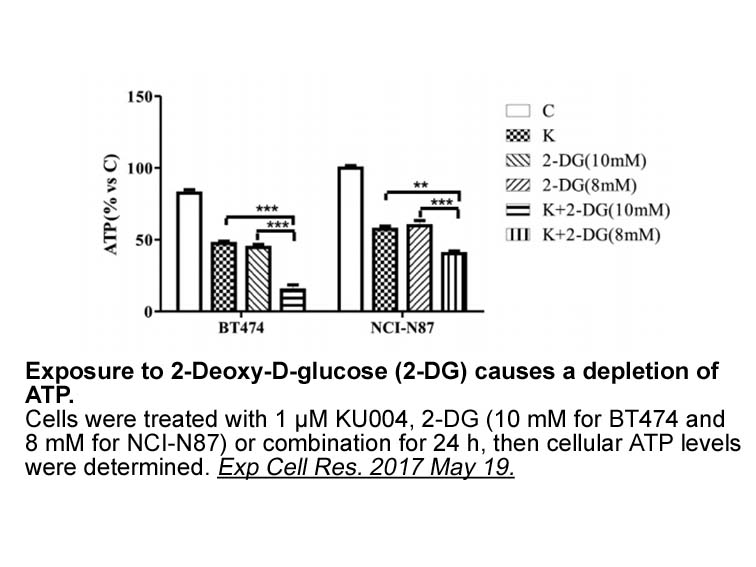Archives
pyk2 Undoubtedly hydroxyurea has a huge potential for improv
Undoubtedly, hydroxyurea has a huge potential for improving the quality of lives of people affected by sickle-cell anaemia in settings where frequent and probably unsafe blood transfusions are the current standard of care. However, attention needs to be directed towards the potential adverse effects of hydroxyurea in such settings. The studies from developed countries assessed patients in a controlled setting with optimum preventive care and used the liquid formulation of hydroxyurea in infants and children. The availability and pyk2 of this formulation in low-resource countries could be a challenge.
The irrepressibly global nature of health care in the 21st century is more apparent than ever, manifesting not just through outbreaks of infectious diseases and spread of antibiotic resistance, but also through the flourishing of non-communicable diseases and growing planetary problems such as climate change. Much attention has been devoted to the design of a medical curriculum suitable for the future, which gives rise to three especially important questions. What is the role of a modern doctor, how can medical schools meet the needs of a modern doctor, and how should a doctor\'s responsibility to the individual patient be reconciled with others beyond the clinic—locally, nationally, and globally?
Professional medical bodies increasingly emphasise the importance of doctors understanding the global context of health and their role as advocates; however, issues such as climate change show just how divisive this debate is. Increasingly, the causes of ill health lie beyond the direct medical sphere of health care, yet doctors have to mop up the array of problems in which a wide range of communicable and non-communicable diseases flourish.
The burgeoning body of evidence on the social determinants of health, coupled with research findings from the behavioural sciences, highlight just how much health is affected by the environment. WHO\'s 2008 Commission on Social Determinants of Health was a landmark document presenting empirical evidence that could be used to change policy worldwide. The work pointed out to a diverse range of stakeholders that health, encompassing traditional medical risk factors such as smoking, obesity, and hypertension, is intrinsically entwined with local circumstance, including wealth, housing, and job security. Within the medical profession, the extent to which doctors should address these social factors is an ongoing debate.
This discussion is taking place against the backdrop of a transition from paternalistic medicine, where “doctor knows best”, to patient-oriented care. In many countries, this change encompasses a backlash against the authority of the medical profession as a whole. Although there is a degree of resistance towards addressing non-medical risk factors, both from within and from outside the medical profession, the need for a strong , unified voice for health care at all levels of social and political discourse has rarely been greater than food chain is today. 35 years ago, pioneer of modern general practice James McCormick described the medical profession\'s “commitment to people” and warned off the tendency to reduce the role of a doctor to either “father figure or plumber”. Awareness of this false dichotomy—doctors can be “plumbers” (ie, perform clinical duties), thinkers, and advocates—is more important than ever. To work with patients in an equal relationship aligns perfectly with the duty of a doctor towards patients and their role as advocates for change, both within the work place and within the local, national, or global community.
Health cannot be considered in isolation, and neither can the role of a doctor be regarded as detached from the widely varying determinants of health. Of course, the extent to which medical practice aligns with local needs differs between nations; the increasing overmedicalisation and commodification of health care in high-income settings contrasts sharply with the more community-based health focus of others.\'s Commission on Medical Education, a collaboration between 20 of the world\'s leading medical professionals, proposed a shared vision that “all health professionals in all countries should be educated to mobilise knowledge and to engage in critical reasoning and ethical conduct so that they are competent to participate in patient and population-centred health systems as members of locally responsive and globally connected teams”.
, unified voice for health care at all levels of social and political discourse has rarely been greater than food chain is today. 35 years ago, pioneer of modern general practice James McCormick described the medical profession\'s “commitment to people” and warned off the tendency to reduce the role of a doctor to either “father figure or plumber”. Awareness of this false dichotomy—doctors can be “plumbers” (ie, perform clinical duties), thinkers, and advocates—is more important than ever. To work with patients in an equal relationship aligns perfectly with the duty of a doctor towards patients and their role as advocates for change, both within the work place and within the local, national, or global community.
Health cannot be considered in isolation, and neither can the role of a doctor be regarded as detached from the widely varying determinants of health. Of course, the extent to which medical practice aligns with local needs differs between nations; the increasing overmedicalisation and commodification of health care in high-income settings contrasts sharply with the more community-based health focus of others.\'s Commission on Medical Education, a collaboration between 20 of the world\'s leading medical professionals, proposed a shared vision that “all health professionals in all countries should be educated to mobilise knowledge and to engage in critical reasoning and ethical conduct so that they are competent to participate in patient and population-centred health systems as members of locally responsive and globally connected teams”.